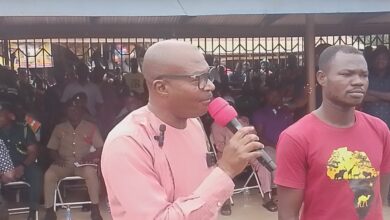Responsible Mining and Environmental Security Conference in Obuasi Calls for New Strategies and Highlights Mercury Dangers:
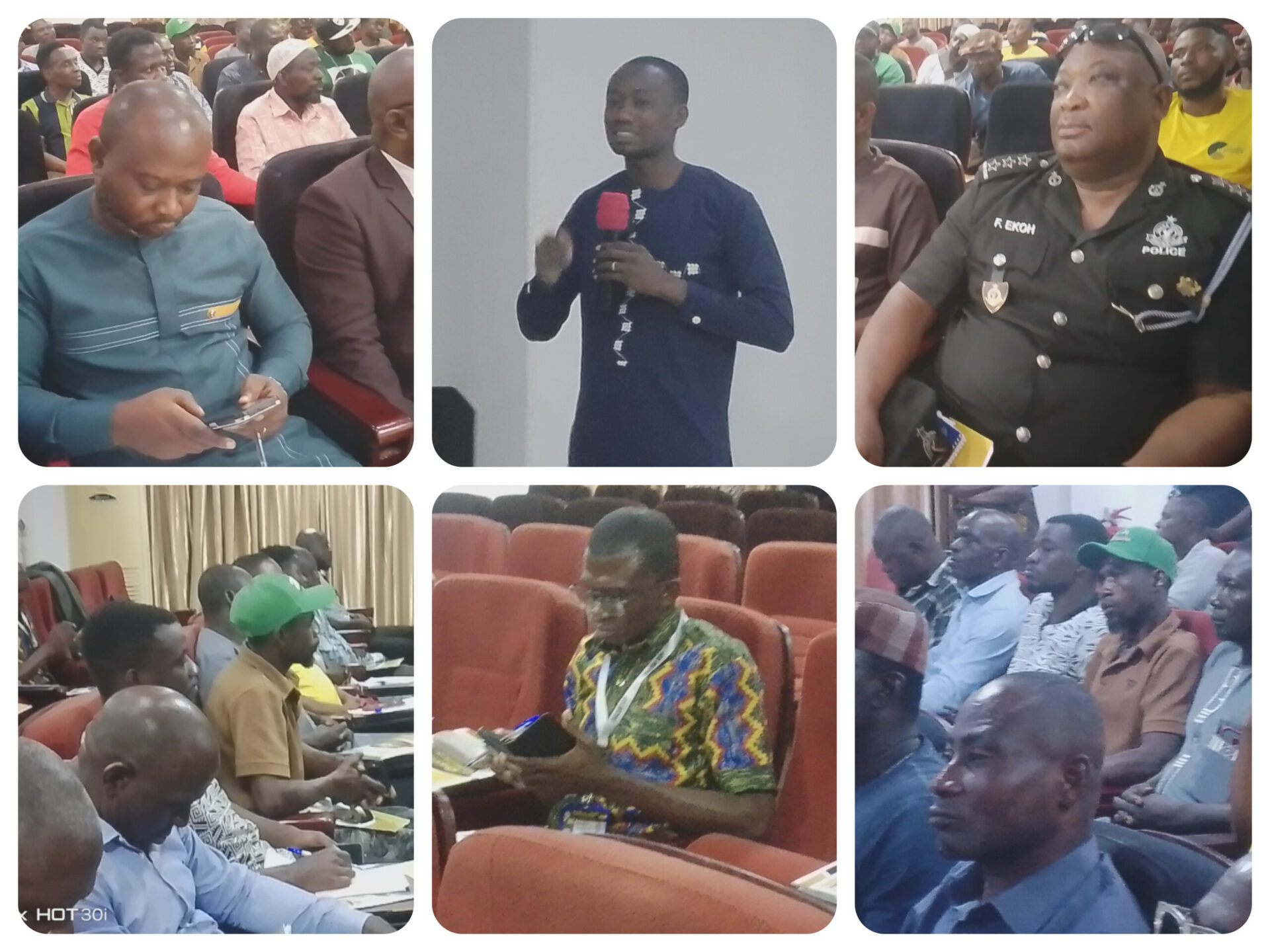
A crucial workshop program addressing responsible mining practices and environmental security was recently held in Obuasi. The Responsible Mining and Environmental Security Conference, a joint initiative by Pro-Mining Initiative Ghana and Goshen Global, with support from Commodity Monitor and the U.S. Embassy, brought together selected pro-mining representatives and key stakeholders to discuss sustainable solutions for the mining sector.
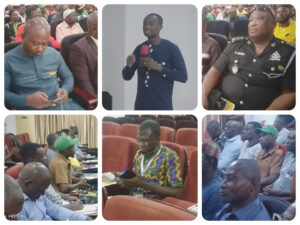
The conference featured a diverse range of speakers, including Dr. Jackson Adiyiah Nyantakyi, the Ashanti Regional Director of the Environmental Protection Authority (EPA), Dr. Ishmael Quaicoe of the University of Mines and Technology (UMaT), representatives of paramount chiefs, a representative from the Ashanti Regional Minister’s office, a Commodity Monitor representative, and representatives from the Ghana Police Service.
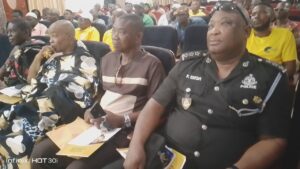
The program was designed to address critical issues facing the mining industry, particularly the environmental and social impacts of illegal mining. Discussions centered around finding practical solutions and fostering a more responsible and sustainable mining sector.
Dr. Jackson Adiyiah Nyantakyi, Ashanti Regional Director of the EPA, emphasized the persistent dangers of mercury use in gold extraction. He highlighted that the conference and related workshops were prompted by the EPA’s compliance monitoring, which revealed the continued use of mercury by small-scale and artisanal miners in the region. He underscored the significant risks this poses to both the environment and human health, noting that the workshop specifically aimed to educate miners about the harmful effects of mercury and promote safer alternatives. Dr. Nyantakyi explained that the Minamata mercury poisoning disaster was used as a powerful case study to illustrate the devastating consequences of mercury exposure.
Adding to the discussion, Dr. Ishmael Quaicoe, a lecturer at the University of Mines and Technology (UMaT), raised critical questions about the current strategies for combating illegal mining. While acknowledging the dangers of mercury use, Dr. Quaicoe broadened the scope of the conversation by addressing systemic issues impacting the effectiveness of existing efforts.
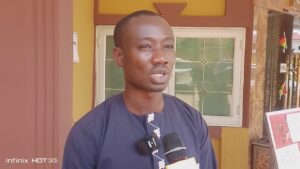
Dr. Quaicoe questioned the effectiveness of security forces assigned to combat illegal mining, despite the resources allocated to them. “It’s a bit worrying when our security officers have been given the task to address illegalities, and over the period, after all the resources that have been given, we still have the canker around. If our security officers are not able to address illegal mining, how will they be able to address enemies coming to disturb our country?” He expressed his belief in the competence of Ghanaian security forces, citing their international peacekeeping success, but expressed confusion over their lack of success in tackling illegal mining within Ghana.
He also argued that chiefs, as traditional custodians of the land, have been unintentionally neglected in the fight against illegal mining. He stated that the current legal framework regarding licensing doesn’t adequately involve chiefs, despite their potential to play a vital role. “Sometimes I feel that they have unintentionally been neglected in the fight against galamsay,” Dr. Quaicoe said. “We need to include our chiefs in the licensing procedure. I believe they are custodians, traditional custodians of their lands and their waters and their environment. And if they are neglected, it becomes difficult for us to have them on board.”
Dr. Quaicoe further called for a new, hybrid strategy to address the challenge, involving the government, stakeholders, and miners themselves. He advocated for a miner-centric approach where policies are developed from the miners’ perspectives and then refined in collaboration with the government, believing this would lead to more effective and sustainable solutions.

